When it comes to hair extensions, the choices can be overwhelming. To clarify Vietnamese Chinese and Indian virgin hair is essential for making an informed decision. Vietnamese hair is often praised for its silky texture and durability, while Chinese hair offers a wider range of textures and colors. Indian Virgin Hair, on the other hand, is known for its affordability and versatility. This article will delve into the specific qualities of each hair type, helping you determine which one is the best fit for your needs.

How to clarify Vietnamese Chinese and Indian virgin hair?
1. The correlation among Vietnamese, Chinese hair and Indian hair
While Vietnamese, Chinese, and Indian hair share some similarities due to geographical proximity and genetic factors, they also have distinct characteristics. Let’s clarify Vietnamese Chinese and Indian virgin hair with K-Cabello.
1.1. Origin & Quality
First thing first, dig into the origin and quality of the 3 hair types.
1.1.1. Origin
a, Vietnam: domestic sources
Virgin hair is purchased directly from women, mainly from highland areas and ethnic minorities.
b, India:
- Temple hair: collected from major temples where Hindus perform prayers and shave their heads.
- Hairball: collected from hair that falls and gets stuck in the drains of public toilets or from hair that falls and is rolled into balls by Indian women.
c, China: 10-15 years ago China had domestic sources but now Chinese vendors have to import from other countries such as: India, Cambodia, etc because of urbanization.
1.1.2. Quality
In terms of quality, it’s essential to clarify Vietnamese Chinese and Indian virgin hair as their qualities are different!
a. Vietnam’s hair quality
The ideal virgin hair is hair that has not been styled, dyed or bleached before. The advantage of virgin hair is that it is soft, smooth, very flexible and easy to style. The disadvantage is that the price is a bit high. Currently, the supply for Virgin Hair Vietnam is also abundant, especially from provinces such as Dien Bien, Lai Chau, Son La, etc.
b. India’s hair quality
- Temple hair: It is virgin hair. The advantage is that the quality is quite good, the cuticle alignment and uniformity are good, and can be used as bleached hair. The disadvantage is that the hair is very thin, rough and naturally curly, so it is difficult to style, and bleaching and dyeing can easily damage the hair.
- Hairball: This type of hair is very cheap and must go through many processing steps to turn into raw material for wig extensions. From the Hair ball, you must pluck straight strands in the direction to turn into non-remy hair. Then exported to China, using machines to make all the hair strands in the same direction and called remy hair
c. China’s hair quality
- Original Chinese women’s hair: Thin, slightly weak, characteristic black color (due to the body’s constitution and greasy diet combined with the cold climate, the hair must be thin to retain heat, easier to press and curl. Therefore, the hair is difficult to style and maintain. management
- Import hair: Mixed from many different sources so the quality is quite mixed, not virgin hair.

Vietnamese hair vs Chinese hair vs Indian hair
1.2. The price difference among Vietnamese hair, Chinese hair, Indian hair
When clarify Vietnamese Chinese and Indian virgin hair, merchants first consider the price. The prices of Vietnamese, Chinese, and Indian hair show slight variations due to differences in the factors mentioned above
| Hair Type | Quality | Price | Key Factors |
| Vietnamese Hair | High quality Often considered the best in the market due to its natural texture, thickness, and durability | Premium pricing Reflecting its superior quality and demand | – Abundant raw material sources – Skilled workforce – Strict quality control standards -Minimal chemical processing |
| Chinese Hair | Medium quality Often chemically processed to achieve desired textures and colors. | Mid-range pricing Balancing quality and affordability. | – Diverse quality levels – Varying processing techniques – Potential for chemical damage |
| Indian Hair | Low quality Often heavily processed and may have inconsistent textures | Lowest pricing Reflecting lower quality and processing standards | – Lower quality control – Extensive chemical processing – Potential for hair damage |
2. How to clarify Vietnamese Chinese and Indian virgin hair?
When it comes to hair extensions and wigs, Vietnamese, Chinese, and Indian hair are three of the most popular hair types used. Here’s a breakdown to help you understand the differences
2.1. Texture
Vietnamese Hair: Typically straight or slightly wavy, with a silky and soft texture.
Chinese Hair: Can range from straight to wavy, often with a slightly coarser texture compared to Vietnamese hair.
Indian Hair: Naturally varies from straight to very curly. It’s known for its thick, resilient texture.
2.2. Thickness and Color
Thickness
- Vietnamese Hair: Generally medium to thick, with a good balance of density and manageability.
- Chinese Hair: Can be thick and coarse, making it durable but sometimes difficult to style.
- Indian Hair: Often thick and coarse, particularly in the case of curly Indian hair.

Thickness of hair types
Color
- Vietnamese Hair: Predominantly dark brown to black.
- Chinese Hair: Similar to Vietnamese hair, it’s mostly dark brown to black.
- Indian Hair: Can range from dark brown to black, but also includes a variety of natural shades, from light brown to dark brown.
3. Conclusion
In conclusion, clarify Vietnamese Chinese and Indian virgin hair is essential for making informed decisions when selecting hair extensions or wigs. Each hair type offers unique qualities and caters to different needs. Vietnamese hair, renowned for its superior quality and natural beauty, is ideal for high-end consumers. Chinese hair, with its diverse range of textures and colors, is a popular choice for the mid-range market. Indian hair, often more affordable, is suitable for budget-conscious consumers. By understanding the specific characteristics of each hair type, you can make a well-informed choice that aligns with your budget and desired aesthetic.
3.1. Which market Vietnamese hair, Chinese hair and Indian Virgin Hair is suitable for?
The suitability of Vietnamese, Chinese, and Indian hair in different markets largely depends on factors like quality, price, and consumer preferences. Let see which hair type is suitable for you
Vietnamese Hair is best suited for the high-end luxury market. Its superior quality, minimal processing, and versatility make it a premium choice. This hair type is particularly popular in Western markets like the US and Europe, where consumers are willing to pay a premium for high-quality hair extensions and wigs.
Chinese Hair is well-suited for the mid-range market. It offers a balance between quality and affordability. The variable quality and diverse processing techniques allow for a wide range of products, catering to different budgets and preferences. Chinese hair is widely available and can be found in many markets around the world.
Indian Hair is primarily targeted at the budget-friendly market. Its lower quality and affordable pricing make it a popular choice for consumers looking for a more economical option. While it can be versatile and styled in various ways, especially curly and wavy styles, it often requires more maintenance due to its potential for damage from heavy processing.

Vietnamese hair in different textures
3.2 Where to Find the Reputable Hair Vendors that Supply the Good Quality Virgin Human Hair?
K-Cabello is a hair extensions factory belonging to the K-Hair ecosystem that focuses on selling hair extensions to Spanish-speaking customers in Mexico, South America, Europe, etc.
We are one of the oldest and most prestigious factories in the Vietnam market with many years of experience in manufacturing hair extensions for hair wholesalers. Our mission is to contribute our efforts to highlight the beauty of human hair. With that mission, we always strive every day to create the best products and always listen to our customers to keep improving.
We are committed to dealing with products with the best quality and the most reasonable factory price with the best customer service.

K-Cabello The most reliable Vietnamese hair supplier
- Youtube: K-Cabello: Fábrica Vietnamita de cabello – YouTube
- Instagram: rawhair.supplier
- WhatsApp: wa.me/84844444529 (Ms. Rachel)










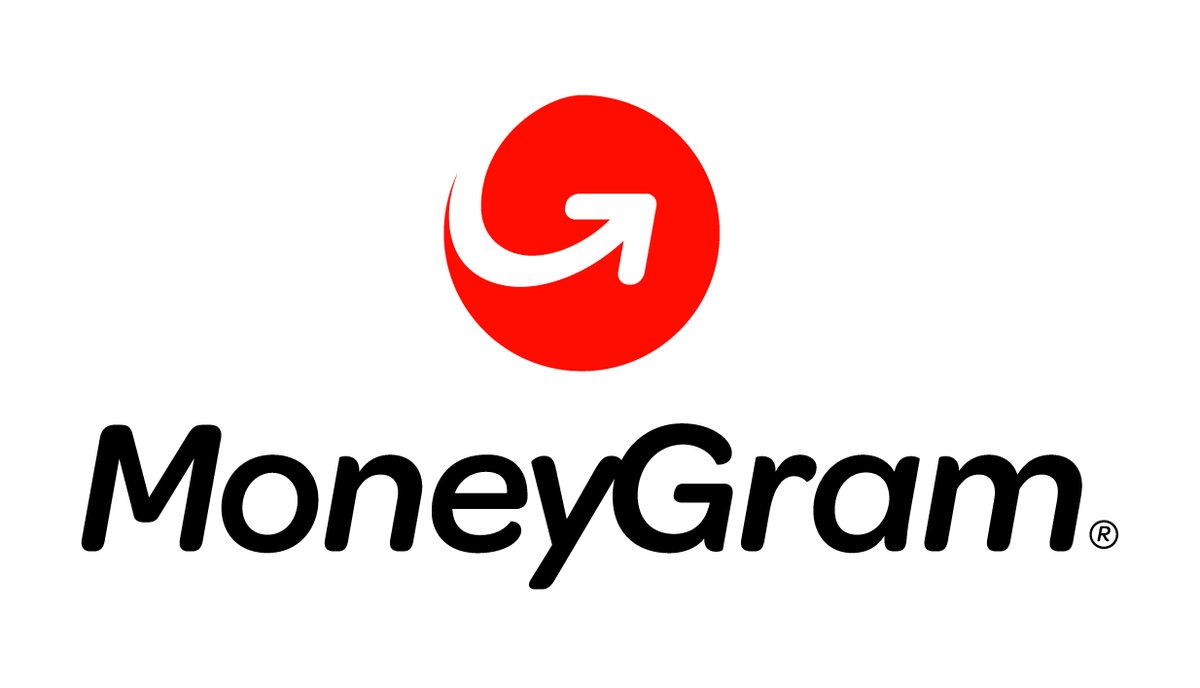
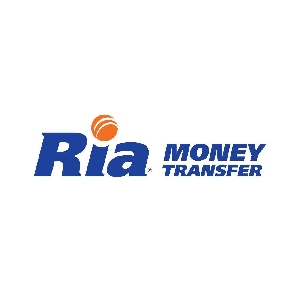

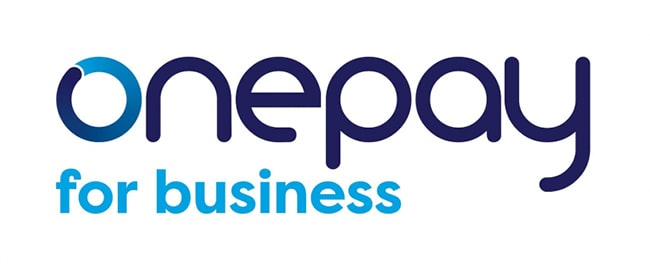
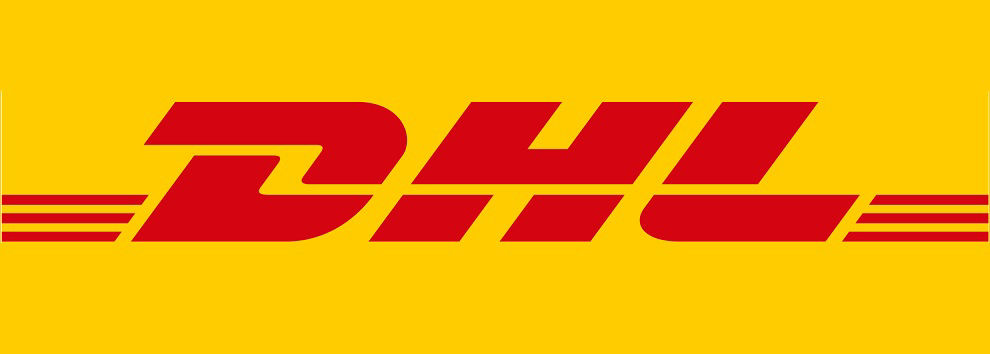
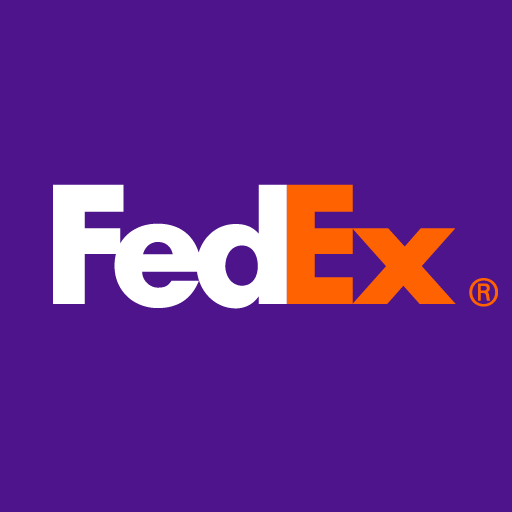

No comments yet